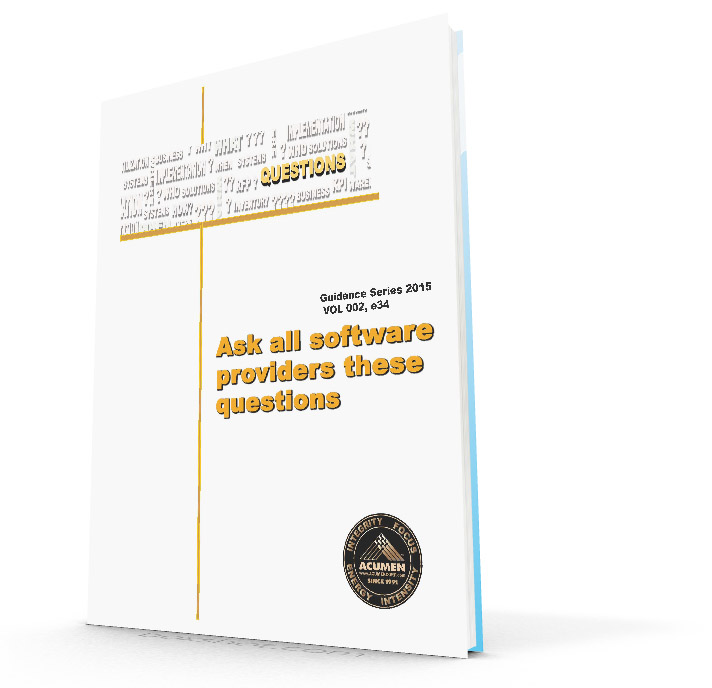At least once in every career each of us has a defining moment. It could be being fired, promoted to management or simply learning a new trade. In my case it may well have been the moment, more correctly hours and days I spent studying under Stanley M. Herman, coauthor (with Michael Lorenich) of the book “Authentic Management: A Gestalt Orientation to Organizations and Their Development”.
Stan had come to Virginia to lead a “live in” seminar or a particular view of management style and responsibility. At the time, I was in the midst of preparing for an MBA program, even as I was managing a team of very talented systems analysts and programmers. I was skeptical about what might be gained by taking many hours away from work to learn more about a psychological approach to managing human beings and driving corporate productivity. Boy was I in for a surprise.
Stan spent three days drilling into us the concept of dealing with “what is”. In other words, he trained us to find the reality in each business challenge or opportunity and to reject the fear and guilt factors that serve as disablers for many managers and subordinates.
I’m going to quote directly from the book and then get back to the point.
“One of the most important areas of study in examining organization behavior is the manager-subordinate relationship. In this relationship, probably more than any other, both managers and subordinates frequently restrict the potential range of their interaction and their possible capacity to enjoy each other as well as work more cooperatively toward their common purposes.”
My point is that, should we exist only in our lofty management surround, and thereby devalue or fail to hear the thoughts and concerns of those that report to us, we are squandering some of the most powerful productivity tools we have at hand… co-operation and collaboration with those on the front lines. If we ignore the power of that collaboration we are guilty of what Stan called “the myth of omnipotence”.



